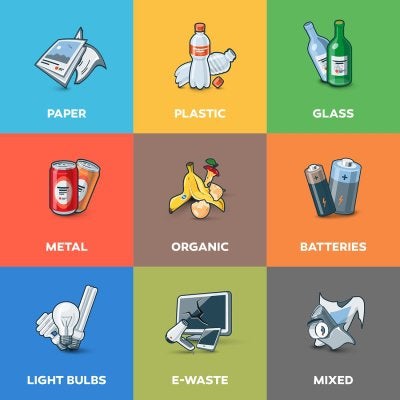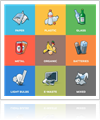Having an effective and efficient recycling and waste disposal system is important for any business. If your company is part of an industry that produces waste, then understanding which materials are hazardous and which are not can be essential for developing a resourceful waste management program. If you regularly deal with industrial waste near Atlanta , then continue reading to learn about which materials are considered non-hazardous.
Non-hazardous industrial waste falls into several classifications. Class 1 wastes can be potentially threatening to the environment and human health, and examples of these include liquids that can ignite at temperatures exceeding 150 Fº and soils that are contaminated with petroleum hydrocarbons. Class 2 wastes are typically accepted at local landfills and can include items like non-radioactive non-surgical medical waste and depleted aerosol cans. Finally, Class 3 wastes do not decompose or react with other materials, and they are also insoluble. A few examples of Class 3 wastes are glass, rocks, bricks, and some plastics.


